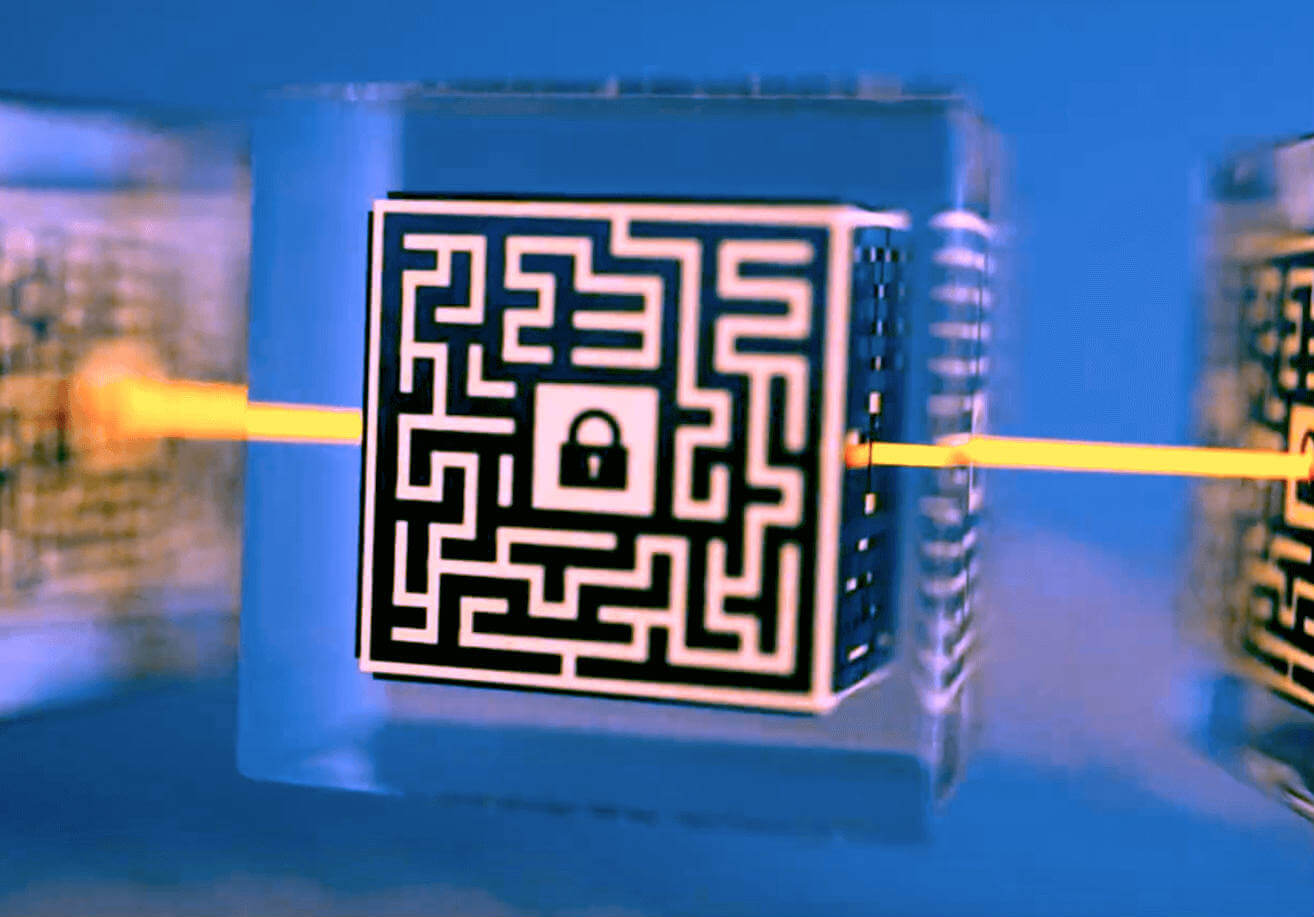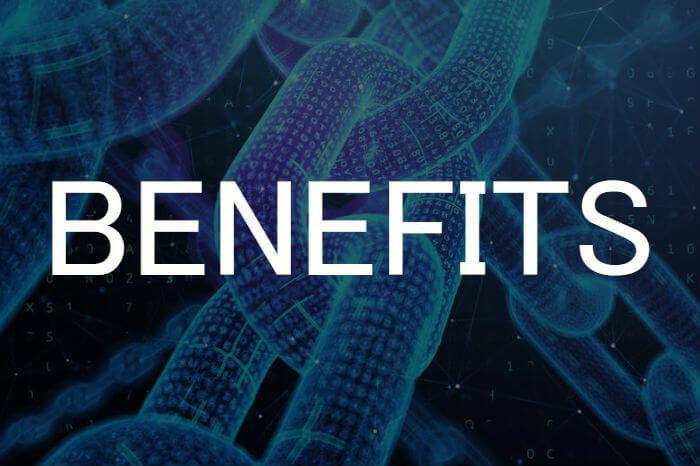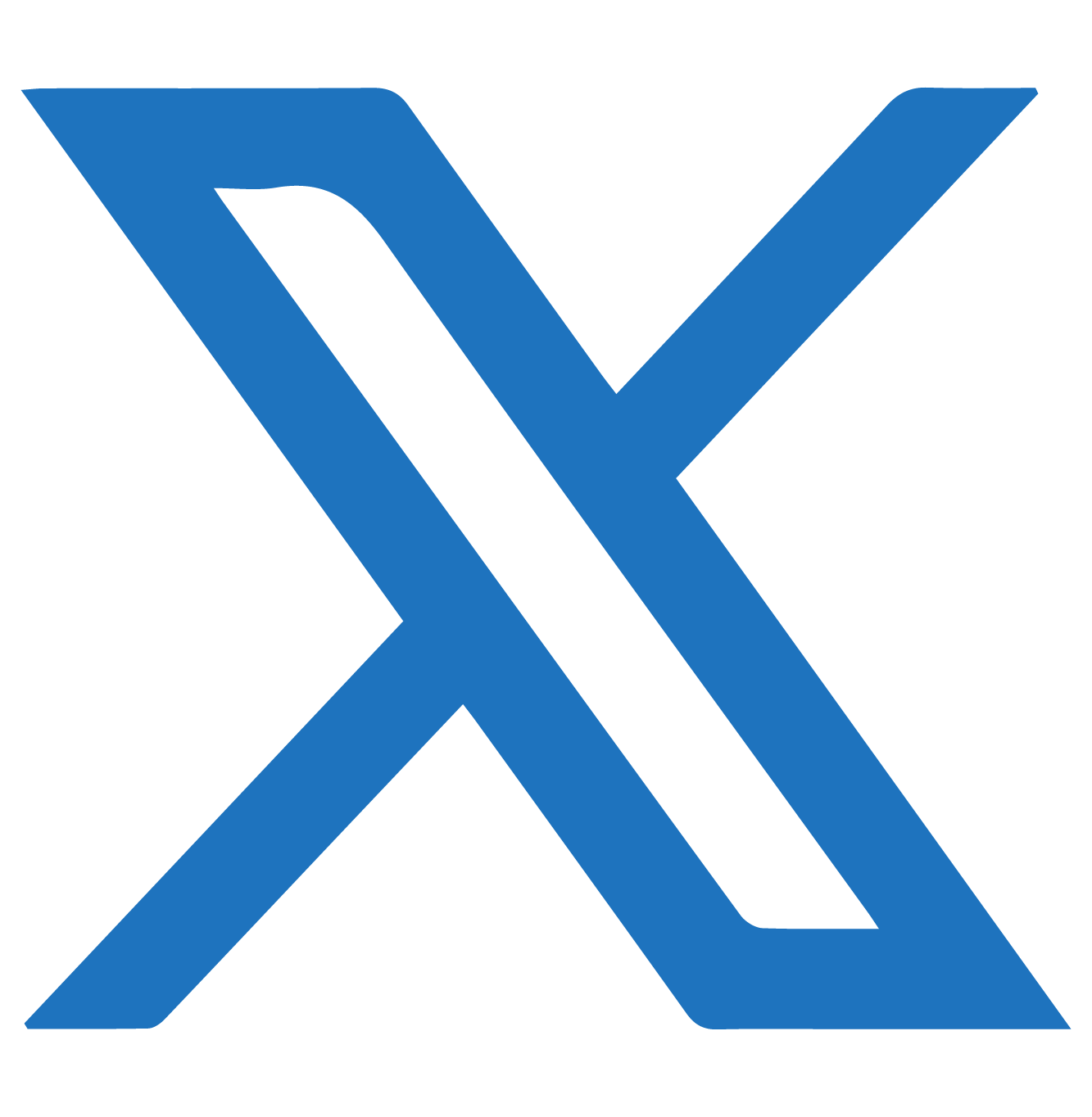
- Date: Aug 08, 2019
- Category:
The healthcare industry deals with critical information being generated on a daily basis. This data is spread and scattered across various systems within the healthcare ecosystem. As a result of mismanagement and inadequate data storage and access facilities, often healthcare professionals are unable to get access to medical data at the time of need. Also, there are high chances of data theft and loss, which adds to the plight of healthcare providers. But with blockchain, health information is controlled by its users and accessible only when permitted for the same. Blockchain’s use in the healthcare space can streamline the record-keeping process and offer ease of data storage and use.
Knowing What Blockchain Technology is –
With digital transformation came electronic health records (EHRs), which made way for efficient and organized storage of medical data in a digital format. However, EHRs has its own limitations, and one of which is that EHRs cannot be shared between systems openly and as a result, information stored is scattered everywhere. But with the introduction of blockchain technology, the healthcare industry gained new hopes and saw a possibility of further improvement with their record-keeping system.
That is when a distributed and secured technology came into being. Within blockchain’ technology, information is linked to blocks which are further stored in an encrypted digital locker. Blockchain stores healthcare information in multiple locations and not just one. This really helps when a computer gets compromised, and blockchain enables the user to control the access to the digital ledger. With the restricted exchange of information, blockchain ensures that the right information is accessible to the right person, eliminating chances of information theft or loss.
Possible Challenges of Blockchain Implementation in Healthcare Industry
Blockchain technology is in the evolution stage. There are several challenges at the organizational and technical level that has been continually restricting the full-fledged and comprehensive scale implementation of blockchain technology, particularly in the healthcare space. Here are some of the hurdles:
It is Uncertain: The concept of blockchain is entirely new and not widely spread. Lack of technical assistance and awareness has resulted in a few initiatives in the field. As there are not many models where blockchain has been successfully implemented, others have not much to look forward to and follow. Right now, the sustainability of blockchain technology is uncertain and filled with confusions and apprehensions.
Lack of Enough Storage: The storage capacity of the current blockchain technology model is not sufficient to accommodate ever-growing healthcare data. As a result, there are chances that medical records, lab reports, images, and documents may be compromised due to insufficient storage. All these are adding up to list of hurdles in the implementation of blockchain technology.
Data Ownership Confusions: Within the blockchain network, data accessibility and usage depends on authority and permission. However, in the healthcare industry, any structure or process has not been established that will define with whom the power of granting data sharing permission vests and who owns healthcare data. Because of all these ownership confusions, the use of blockchain technology in healthcare is still uncertain.
Expenses: The cost involved in blockchain technology implementation and maintenance is still unknown to many. As a result, people are not sure whether they should use it or not without knowing its costs/expenses.
Regulations and Rules: Till now, there has been no specific rules or regulations set with regards to the use of blockchain usage in the healthcare industry. Already HIPAA controls every aspect of the healthcare industry and implementation of any new technology will greatly depend on it aligns with the current privacy regulations.
How Can Blockchain Technology Benefit Healthcare Industry
With the use of blockchain technology, the healthcare industry can benefit in multiple ways. Here are some of the benefits that can transform the management and operations of healthcare systems:
Manage Public Health: Blockchain technology is going to be a great help for healthcare authorities and regulatory bodies as it will help them develop a shared flow of de-identified patient data. This smooth flow of information will help them easily identify threats and pandemics and allow them to take timely actions to control the healthcare outbreak.
Secure Patient Data: As blockchain prevents unauthorized access to information, it can be useful and relevant in the healthcare industry. It will help secure patient data as only authorized people will have access, preventing any misuse or misplacement of information.
Ensure Consent On Data Use: In the shared ledger of blockchain, information and transactions are in control of all the users. Individuals can access patient medical information within the network only when the patient specifically authorizes/gives consent to a particular person. This ensures that medical records sharing, privacy maintenance, and data accessibility takes place in a secure way.
Simplifies Billing Procedure: Usually, a medical billing procedure is a tedious process which involves a different series of validations and participation of multiple third-party vendors. As a result, the bill payment and insurance claiming process become complex. But with blockchain technology, the procedure can be simpler and sorted with the elimination of everything unnecessary.
Easy Management of Patient-Generated Data: With blockchain technology in use, patients can easily upload and store their medical information securely. To update their medical details, they no longer will need to mess up with previous or existing records.





